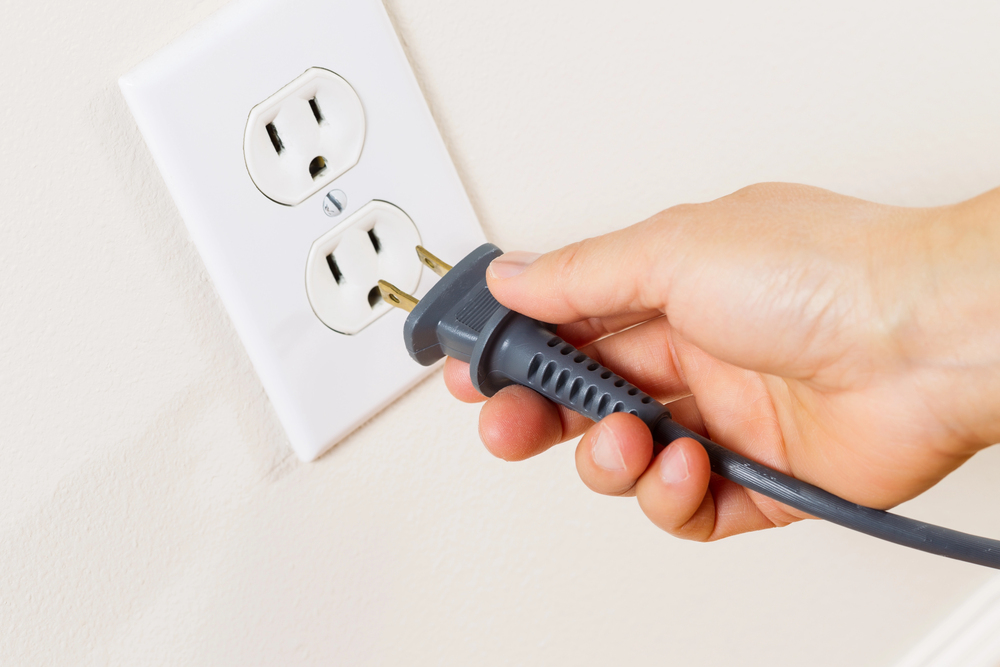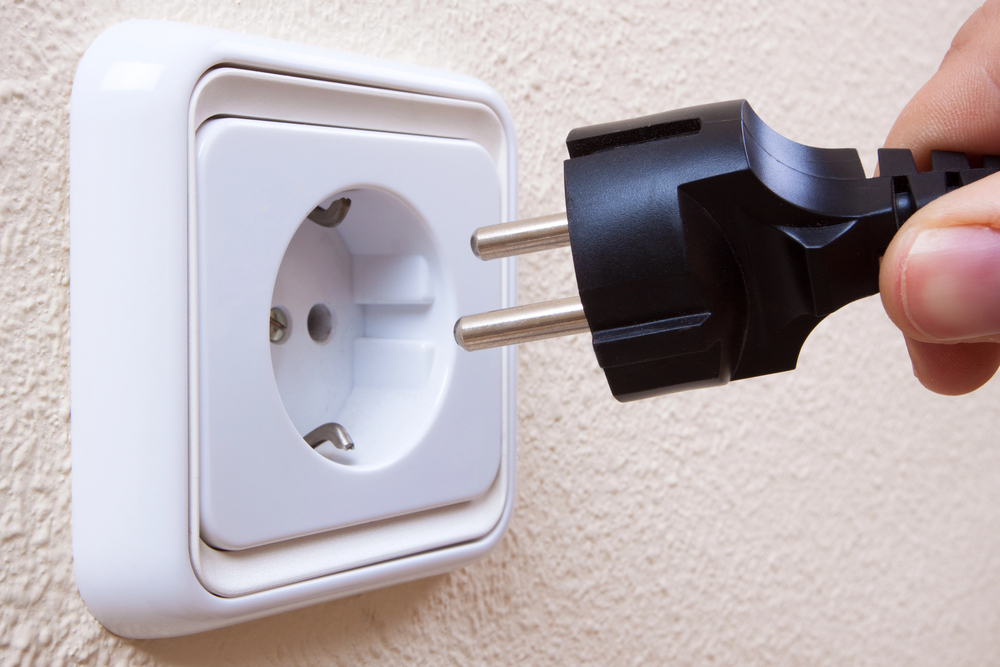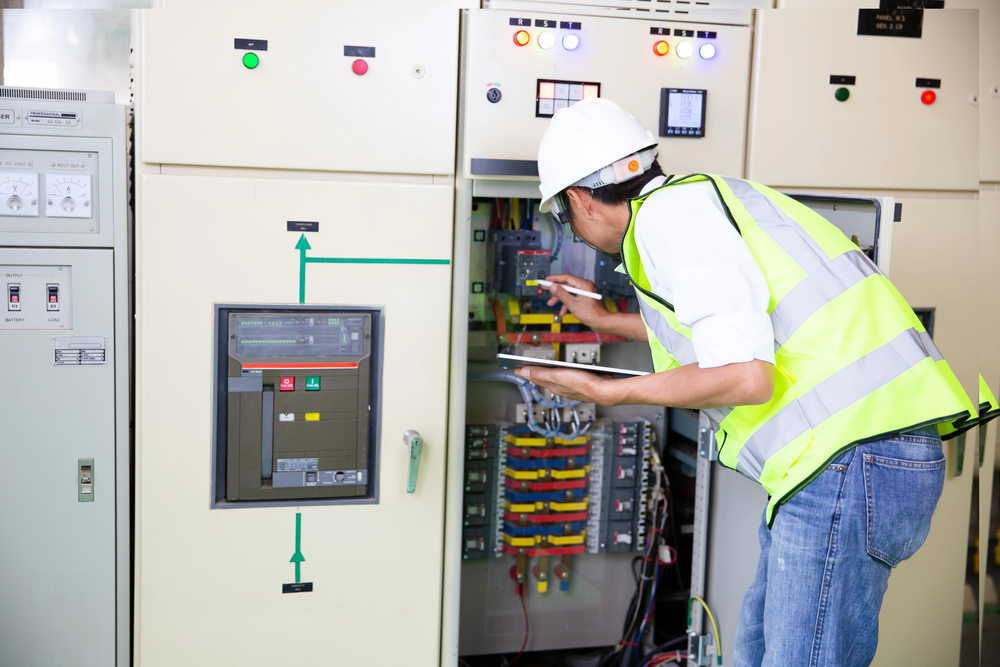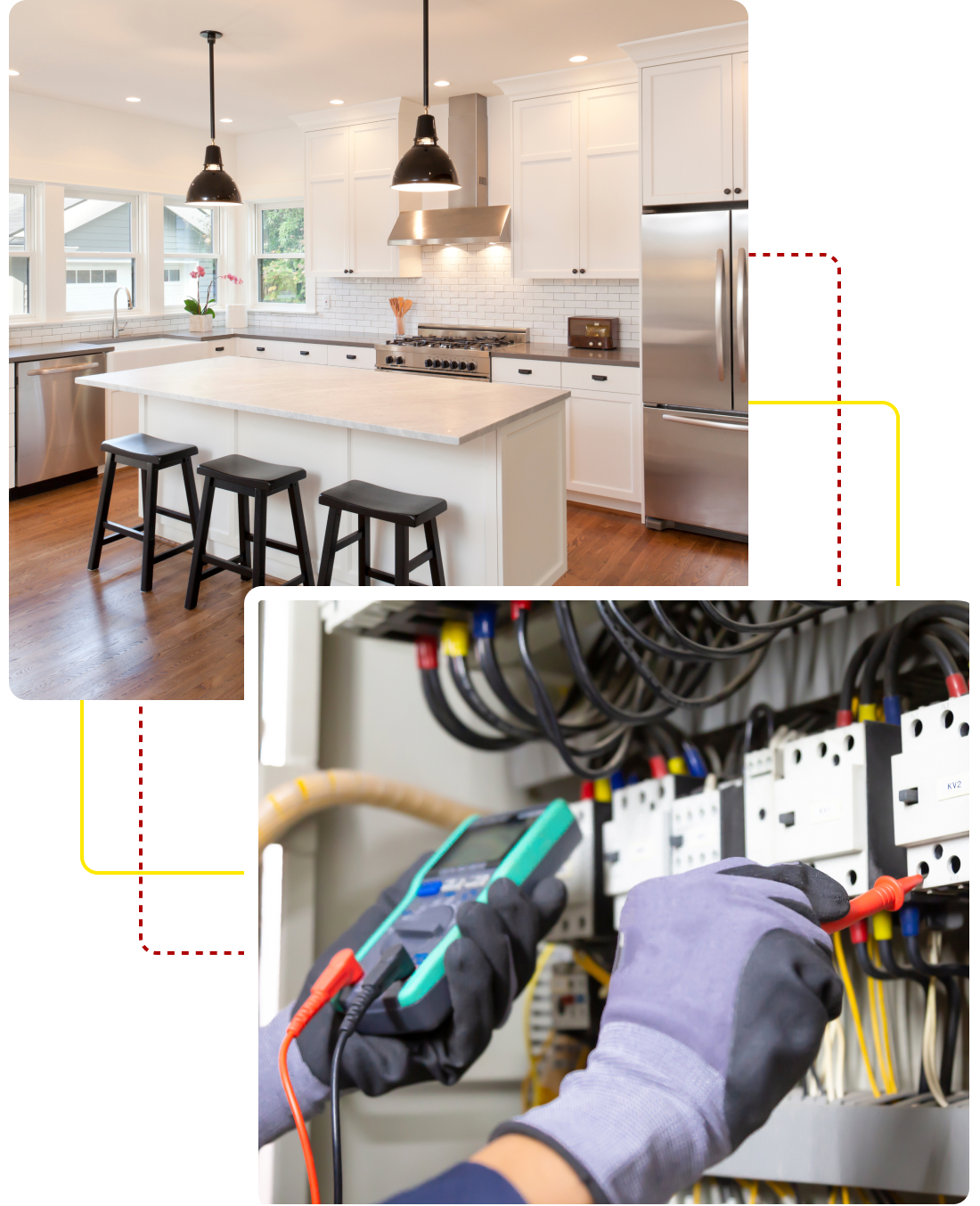Electricity drives every aspect of a business, from lighting and security to production systems and data networks. Yet, behind every switch and circuit lies a network that must stay safe, efficient, and compliant with electrical standards.
Commercial electrical inspections help business owners maintain that reliability. These inspections identify hazards, detect inefficiencies, and confirm that your electrical system meets safety codes before small issues become major problems.
Understanding what happens during commercial electrical inspections gives you valuable insight into how your system performs and what steps can keep your business safe.
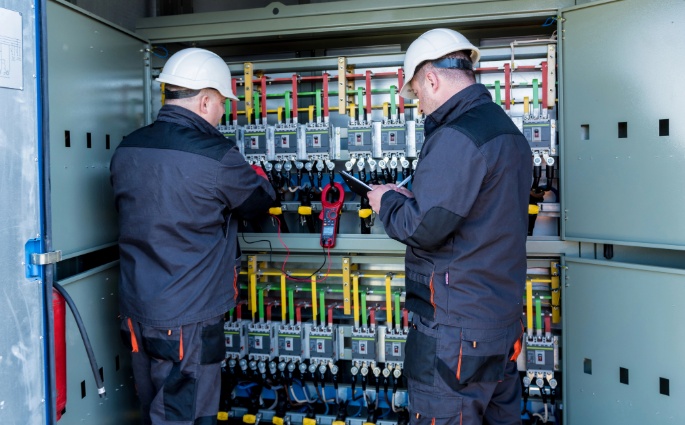
Understanding Commercial Electrical Inspections
A commercial electrical inspection is an in-depth assessment of the electrical system within a business or facility. Licensed electricians or certified inspectors examine wiring, panels, outlets, grounding systems, and connected devices to confirm everything functions properly. They follow the National Electrical Code (NEC) and any local standards that apply to commercial structures.
The primary purpose of these inspections is to detect safety risks, aging components, or faulty installations before they lead to equipment failures or hazards. Every commercial property, from office buildings to warehouses, benefits from consistent inspections that help maintain safety and operational efficiency.
During an inspection, specialists evaluate how well the system supports current energy needs and identify upgrades that can improve safety or performance. This process applies to both new and existing electrical systems. For professional support with upgrades or new builds, consult experts in commercial electrical installations.
Why Commercial Electrical Inspections Are Important
Commercial properties use significantly more power than residential spaces. They operate multiple lighting systems, HVAC units, computers, machinery, and security devices, all drawing power simultaneously. Over time, this demand can strain electrical systems, leading to wear, overheating, or power imbalances.
Routine inspections identify these problems early. They help prevent shutdowns, reduce repair costs, and safeguard employees and equipment. Beyond safety, inspections also verify compliance with building codes and insurance requirements. Failure to comply may result in fines, liability issues, or denied insurance claims after an electrical incident.
For example, an overloaded circuit or outdated breaker may not seem dangerous until it fails during heavy use. Regular inspections catch these issues long before they disrupt business operations.
What Inspectors Examine During an Inspection
Commercial electrical inspections are detailed and systematic. Inspectors assess each part of the system to verify proper function and compliance. Here are the key areas they focus on:
- Wiring and Conduits
Inspectors check for damaged, exposed, or outdated wiring. Old insulation or loose connections can lead to short circuits or electrical fires. The conduit system, which protects wiring from physical damage, is also evaluated for corrosion or wear.
- Electrical Panels and Breakers
The main distribution panel is examined for clear labeling, load balance, and appropriate breaker ratings. Breakers that trip frequently or appear worn may signal deeper electrical issues. Inspectors verify that no circuits are overloaded and that breakers operate correctly during fault conditions.
- Grounding and Bonding
Proper grounding is vital for electrical safety. It allows stray electricity to flow safely into the earth instead of causing shock or equipment damage. Inspectors confirm that all metallic components, equipment, and conduits are properly grounded and bonded.
- Outlets, Switches, and Fixtures
Loose outlets, damaged faceplates, or malfunctioning switches are not only inconvenient but potentially dangerous. Inspectors check these components to confirm secure connections and proper installation. Emergency lighting and exit signs are also reviewed for function and compliance.
- GFCI and AFCI Protection
Ground Fault Circuit Interrupters (GFCIs) and Arc Fault Circuit Interrupters (AFCIs) play a key role in preventing shocks and fires. Inspectors test these devices in wet or high-risk areas to verify that they trip when necessary.
- Equipment and Appliances
Electrical systems that power industrial or commercial equipment are evaluated for safe connection, proper voltage, and correct circuit size. Inspectors also look for signs of overheating or damaged cords that could lead to downtime or equipment failure.
The Step-by-Step Process of a Commercial Electrical Inspection
Although every inspection is slightly different depending on the building type and purpose, most follow a structured process that includes:
- Initial Walkthrough
The inspection begins with a visual walkthrough to identify potential issues, such as exposed wiring, overloaded outlets, or unmarked breaker panels. Inspectors also take note of environmental conditions that could affect electrical components, like moisture, dust, or temperature fluctuations.
- Testing and Measurement
Specialized testing equipment is used to measure voltage, current, and resistance levels. This verifies that circuits perform within safe operating limits. Inspectors test circuit breakers, emergency lighting, and grounding systems to confirm reliable performance during power surges or outages.
- Documentation of Findings
Once testing is complete, the inspector compiles a detailed report outlining the system’s condition, code violations, and areas requiring repair. The report may include photos, readings, and specific recommendations for corrections or upgrades.
- Addressing Identified Issues
If violations or hazards are found, an electrical contractor must correct them promptly. Repairs might include replacing worn wiring, upgrading outdated panels, or rebalancing electrical loads. Once repairs are complete, a follow-up inspection may be scheduled to verify compliance and safety.
For prompt assistance addressing violations or electrical malfunctions, reach out for 24/7 top-rated commercial electrical repairs in Houston, TX.
How Often Should Businesses Schedule Inspections?
The frequency of commercial electrical inspections depends on several factors, including the type of building, industry requirements, and the age of the system. As a general rule, most facilities benefit from annual inspections. However, high-demand environments like manufacturing plants or data centers may require more frequent evaluations.
Inspections should also be scheduled after major renovations, equipment upgrades, or power disturbances. Early detection of irregularities reduces the chance of downtime and protects valuable equipment.
Common Issues Found During Commercial Electrical Inspections
Inspectors often uncover hidden issues that may go unnoticed during daily operations. Some of the most frequent findings include:
- Overloaded circuits due to excessive equipment connected to a single outlet
- Loose or corroded connections within electrical panels
- Damaged insulation around conductors
- Incorrectly labeled circuits or missing identification tags
- Lack of GFCI protection in required areas
- Improper grounding of metallic structures or appliances
- Use of non-code-compliant materials or outdated installations
Keep Your Business Safe with Aaron’s Electrical Service
At Aaron’s Electrical Service, we help businesses stay safe and compliant through professional inspections, maintenance, and repairs. Our licensed electricians understand complex commercial systems and take pride in accurate, code-compliant work. We specialize in diagnosing issues, upgrading electrical panels, and maintaining reliable power across all facility types.
Contact Aaron’s Electrical Service today to schedule your next commercial inspection.

